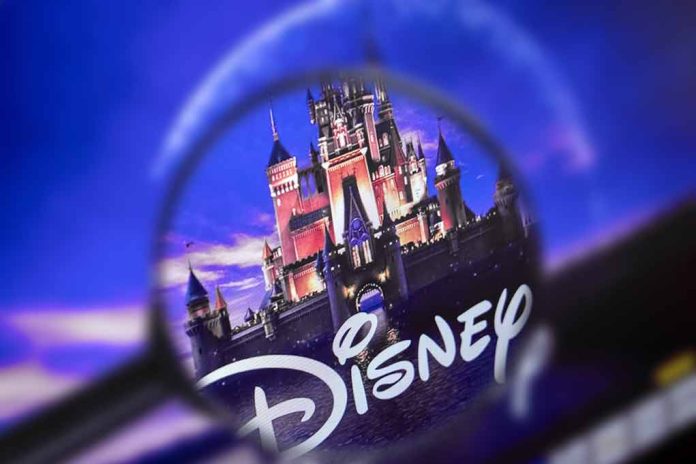
Former Disney animator Bolhem Bouchib’s sentencing to 25 years in prison for heinous crimes against children raises alarming questions about studio hiring practices and media responsibility.
At a Glance
- Bouchib received a 25-year sentence for sex trafficking, child rape, and child pornography.
- He was previously on the French sex offender registry and still employed by major studios.
- Criticism surrounds Disney/Pixar and Dreamworks’ background check protocols.
- Disney faces scrutiny for its content choices and perceived political agendas.
Shocking Crimes and Sentencing
Bolhem Bouchib, a former animator known for his work on popular films like “Lilo & Stitch” and “The Incredibles,” has been sentenced to 25 years in a French prison. The charges against him include sex trafficking, child rape, and child pornography. Bouchib was found guilty of paying Filipino women to abuse young girls for his online viewing, spending up to $1,000 per livestream over a period spanning from 2012 to 2021.
The court’s decision also includes a 20-year monitoring period following his release and a permanent ban on working with minors. This case has sent shockwaves through the animation industry and beyond, raising serious questions about the effectiveness of background checks at major studios.
Studio Hiring Practices Under Scrutiny
The revelation that Bouchib was previously on the French sex offender registry for molesting an eight-year-old in 2014 has led to intense criticism of Disney/Pixar and Dreamworks’ hiring processes. Despite this prior offense, Bouchib continued to work on major projects at both studios, including films such as “Soul,” “Incredibles 2,” and “How to Train Your Dragon: The Hidden World.”
“I think Disney/Pixar and Dreamworks may need to explain why they didn’t conduct background checks,” stated the Disney blog Pirates & Princesses. “If you have never been caught, your check will be clean. However, he was caught and was on a registry, yet he was working on Disney and Pixar films.”
This apparent oversight has raised alarm bells about the potential risks to which these studios may be exposing their young audiences. The case underscores the critical importance of rigorous background checks in an industry that primarily caters to children and families.
Disney’s Content and Influence Under the Microscope
The Bouchib case has reignited discussions about Disney’s influence on young audiences and the responsibility of content creators. Critics have long scrutinized Disney for alleged subliminal imagery and adult themes in its films. Recent controversies have also centered on the company’s reported inclusion of progressive LGBTQ themes in its content.
Internal videos have surfaced revealing Disney’s intentions to incorporate LGBTQ themes into children’s programming. Executives have been recorded discussing a “gay agenda” and diversity initiatives, which has fueled debate about the appropriateness of such content for young viewers.
Despite facing financial setbacks and public criticism, Disney appears committed to its progressive stance. An undercover video captured Walt Disney creative marketing director Amit Gurnani stating, “It’s the unspoken thing for children to see LGBTQ content,” and “Bob Iger is not axing LGBTQ content at all.” These comments have further intensified the debate surrounding Disney’s content choices.
The Broader Impact on Child Safety
The Bouchib case highlights the need for increased vigilance not only in hiring practices but also in content creation and distribution. The incident underscores the importance of robust child protection measures across all industries that interact with or create content for young audiences. It is clear that more comprehensive safeguards are needed to protect children from potential harm. This case may serve as a catalyst for stricter regulations and more thorough background checks in the animation and entertainment industries.






















